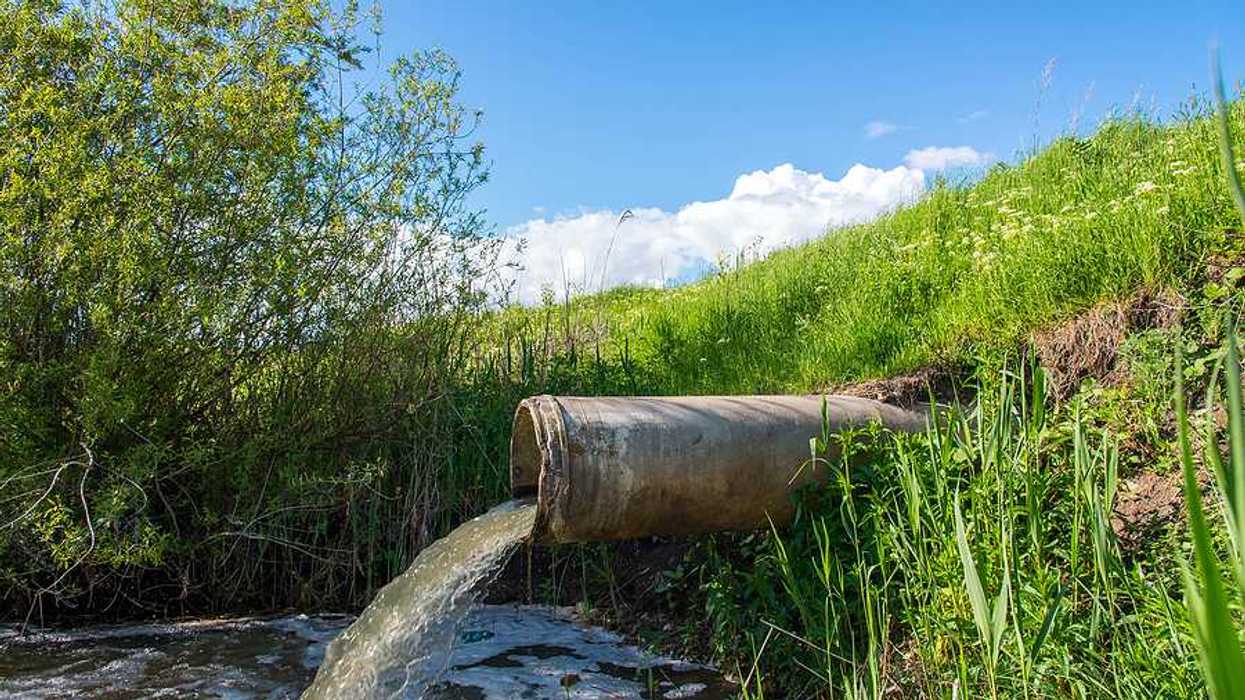Insecticides linked to bee die-offs and birth defects are showing up in Colorado’s water at levels 100 times higher than what experts say aquatic life can handle.
Shannon Kelleher reports for The New Lede.
In short:
- A new report from the Natural Resources Defense Council (NRDC) found neonicotinoids — commonly used insecticides — at dangerously high concentrations in Colorado surface and groundwater, likely from coated agricultural seeds.
- The chemicals are known to kill bees, butterflies, and other wildlife, and they’ve also been found in food, baby products, and even the bodies of pregnant women and children.
- Despite mounting evidence of harm, the U.S. Environmental Protection Agency continues to allow widespread neonic use, though a dozen states have imposed some limits and the agency will revisit approvals in 2025.
Key quote:
“We’re planting toxic pesticides in soil across the country, and these chemicals persist for a long time. They are building up in our water, our soil, our air – and in our bodies.”
— Allison Johnson, senior attorney at NRDC
Why this matters:
Neonics are not only devastating ecosystems — they're winding up in our food and our bodies, putting kids and pregnant women at particular risk. These chemicals didn’t just fall from the sky. They’re likely washing off from corn and other seeds coated with neonics, a practice so routine it barely registers in industrial agriculture. But the fallout is anything but routine: dead bees, poisoned butterflies, contaminated food, and detectable traces of these neurotoxins in human bodies.
Read more:














